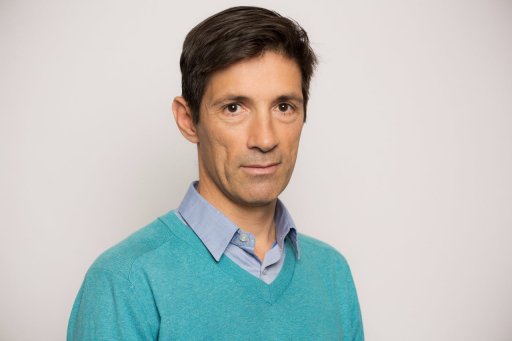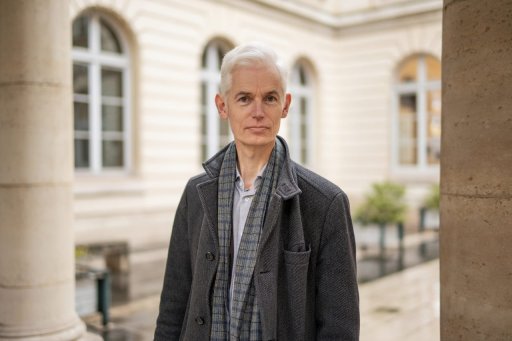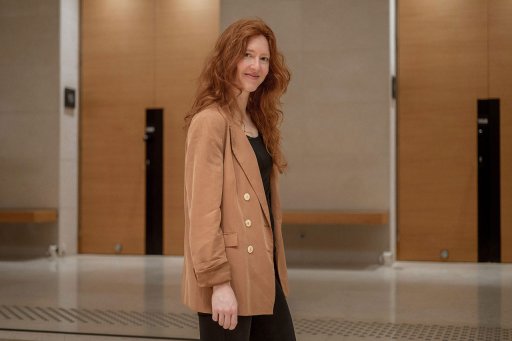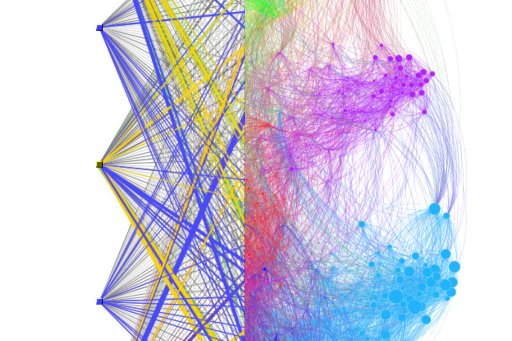may 4, 2020
On Monday April 27, a team of mathematicians, statisticians and epidemiologists (Sorbonne University, CNRS, Collège de France, Oxford University) launched a survey of French households that have experienced the presence of the new coronavirus during the containment period. The project has been dubbed "Alcov2" - a hybrid of alcove and SARS-Cov2.









